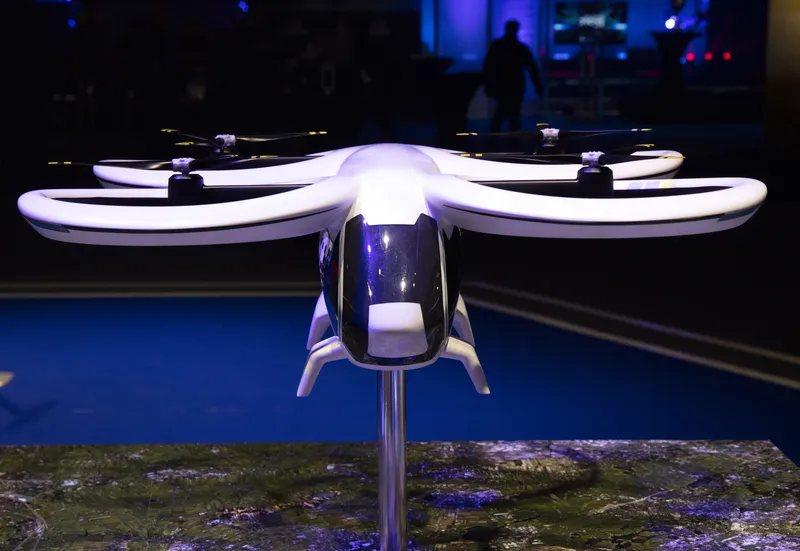
Amsterdam, Paris and Japan will demonstrate their plans for advanced air mobility (AAM) as one of the highlights of this year’s Amsterdam Drone Week exhibition.
The fifth edition of the event, which takes place at RAI Amsterdam from 21-23 March, will once again be held alongside the European Aviation Safety Agency (EASA) High Level Conference on Drones.
This year’s theme is ‘Innovative Air Mobility connecting Cities and Regions’. AAM is being mooted not only as a means of ultra short-range citywide hops for passengers – for example from a city centre to an airport - but also as a means of delivering urgent supplies to areas where road infrastructure is poor or no airstrips exist.
Medical supplies are already being distributed in this way in several African nations. Innovative air mobility will also connect more remote communities with economic opportunities within cities.
Within individual cities’ plans for AAM, Amsterdam is investigating what food delivery can add as a service in crowded areas and a pilot programme is already underway.
Paris, in turn, is focusing on flying medical, cargo and passenger transport during the 2024 Olympic Games. Pilot testing has already begun and the goal will be to establish two flight paths to fly in the densely-populated city during the international event.
Japan, meanwhile, will start flying unmanned drones at the end of this year after a successful testing period. No pilots are involved while these drones fly freely over people in urban areas. The Japanese government is now preparing for flying cars at the Osaka Expo in 2025.
The EASA Conference’s central theme is 'Back to the future of safe UAS operations'. Highlights of the programme, where the global UAM community traditionally makes an appearance, are the UAS Regulation implementation with an extensive review of lessons learned, challenges and opportunities, the building of an IAM ecosystem and setting up a realistic implementation programme implementation, but also implementing U-space and airspace integration steps.
Amsterdam Drone Week will have as a centrepiece a special showcase area where companies and organisations can show their UAV or drone applications to the press and public. The Solutions Pavilion is built around the pillars Inspection & Maintenance, Public Safety & Emergency Services, Security & Counterdrones, Surveying & Mapping and Last Mile Logistics.









